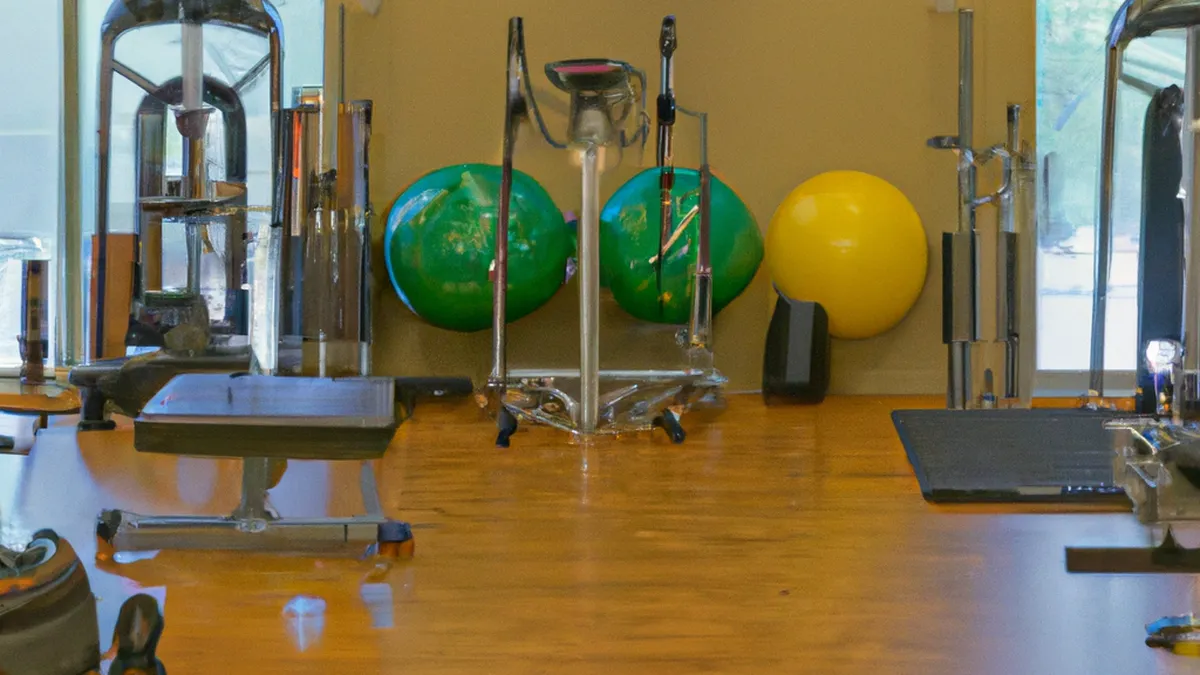Enjoy the Benefits of Circuit Training Together
How to Utilize Circuit Training for Group Fitness Classes
Circuit training has become popular in group fitness classes because it combines strength and cardio exercises. This format maximizes calorie burn and enhances overall fitness. Participants stay engaged and motivated, making circuit training ideal for group settings. This blog post explores how to implement circuit training effectively in your classes.
Understanding Circuit Training
Circuit training features a series of exercises performed in sequence with minimal rest. Each exercise targets different muscle groups, keeping participants’ heart rates elevated. This method improves strength and cardiovascular endurance.
Circuit training adapts easily to various fitness levels. You can adjust exercise intensity and duration for beginners and advanced athletes. This flexibility ensures everyone can join and benefit from the workout.
Designing Effective Circuits
Choose the Right Exercises
Select exercises that target all major muscle groups when designing a circuit. Include a mix of strength, cardio, and flexibility movements. Incorporate push-ups, squats, jumping jacks, lunges, and planks. This variety keeps workouts interesting and engages different muscle groups.
Consider the available space and equipment. Use free weights, resistance bands, and bodyweight exercises to create effective circuits. Organize stations well to avoid overcrowding and accidents.
Set Time Intervals
Time intervals structure your circuit effectively. Have participants work for 30 seconds followed by a 15-second rest. Adjust these intervals based on your group’s fitness level. Beginners may benefit from longer work periods or extended rest times.
Keep transitions swift to maintain high energy levels. Use a timer or music to signal the start and end of each interval, helping participants stay on track.
Monitor Form and Technique
Proper form is essential to prevent injuries during circuit training. Walk around and observe participants closely. Offer corrections and modifications, and encourage focus on technique, especially when fatigued.
Emphasize warming up and cooling down. A thorough warm-up prepares the body and reduces injury risk. A cool-down promotes flexibility and aids recovery. Incorporate dynamic stretches in the warm-up and static stretches in the cool-down for enhanced effectiveness.
Conclusion
Incorporate circuit training in your group fitness classes for an engaging and effective workout experience.
Below are related products based on this post:
FAQ
What is circuit training and how does it benefit group fitness classes?
Circuit training involves a series of exercises performed in sequence with minimal rest. It combines strength and cardio workouts, maximizing calorie burn and enhancing overall fitness. This format keeps participants engaged and motivated, making it ideal for group settings.
How can I design an effective circuit for different fitness levels?
To design an effective circuit, select exercises that target all major muscle groups and include a mix of strength, cardio, and flexibility movements. Adjust the intensity and duration of exercises based on the fitness levels of participants, ensuring that both beginners and advanced athletes can benefit from the workout.
What should I focus on to ensure participants maintain proper form during circuit training?
Monitoring form and technique is crucial to prevent injuries. Walk around the circuit to observe participants closely, offer corrections and modifications, and encourage focus on technique, especially when they are fatigued. Emphasize the importance of warming up and cooling down to prepare the body and aid recovery.















Post Comment